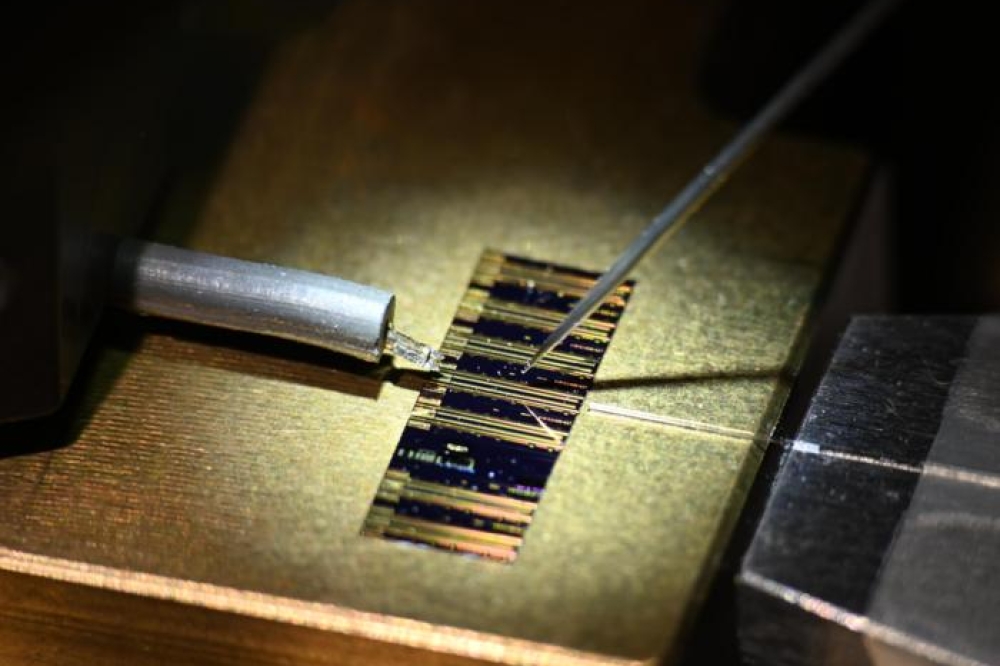News Article
XsunX and Telecomps enter into CIGS technology agreement
The Taiwanese firm is the first commercial customer to use XsunX’s breakthrough CIGSolar technology.
XsunX, a developer of hybrid, thin-film photovoltaic (TFPV) solar cell technologies and manufacturing processes, has entered into an agreement with Telecomps Technology (Telecomps) for the use of its CIGSolar technology.
Under the agreement, Telecomps and XsunX will work together to complete back-end CIGSolar solar module assembly capabilities to produce solar modules using XsunX CIGSolar cells.
Joseph Grimes, XsunX’s President and COO, commented, “This is a great opportunity for both companies. Telecomps’ growing capabilities in the module assembly business will provide us a head start and will help accelerate the adoption of our CIGSolar technology in the rapidly growing Chinese market.”
Grimes continued, “We have targeted the silicon module manufacturing industry as a major customer segment and, with the assistance of Telecomps providing competitive OEM module assembly, we are positioning XsunX customers for success as they compete in the $18 billion silicon solar cell industry. In addition to Telecomps a number of other manufacturers are now seriously exploring the use of our CIGSolar technology as a robust and less expensive alternative to silicon.”
Founded in 1991, Telecomps has expanded its expertise in the electronics component industry building a network of capabilities in the fast growing turnkey OEM solar module assembly sector. Well respected within their industry, Telecomps’ growing capabilities specialise in both silicon and thin-film solar module assembly.
XsunX is developing and has begun to market a new manufacturing process to produce low cost, high efficiency thin-film Copper Indium Gallium (di) Selenide (CIGS) thin film solar cells. The patent pending system and processing technology, which XsunX calls CIGSolar, focuses on the mass production of individual thin-film CIGS solar cells that match silicon solar cell dimensions and can be offered as a non-toxic, high-efficiency and lowest-cost alternative to the use of silicon solar cells.
The company is offering licenses for the use of the CIGSolar process technology and plans to generate revenue through licensing fees and manufacturing royalties for the use of the CIGSolar technology.































